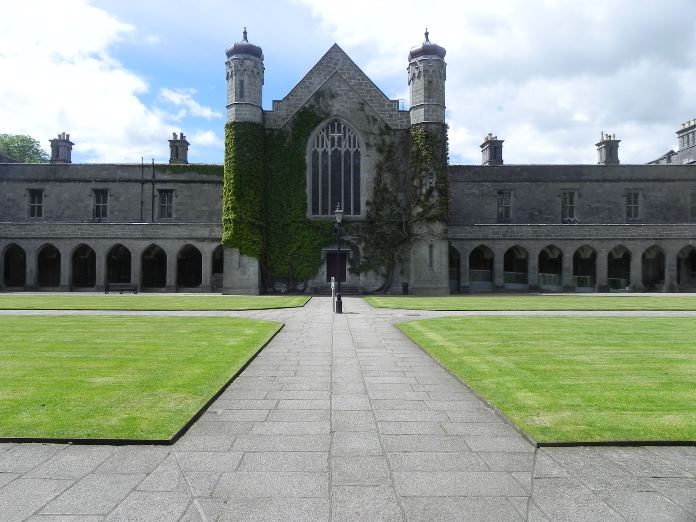By Harry King
A report from the Connacht Tribune revealed that NUI Galway had set aside a sum of €240,000 last year to settle the cost of covering “equality” related settlements.
It was reported that, during the summer of 2018, the University had reached an “amicable agreement” with four female lecturers. The process of reaching that agreement began in 2015, when the four lecturers claimed that they were discriminated against on the basis of their gender and family status in competitions for senior lecture posts in 2009.
Dr Sylvie Lannegrand, Dr Roisin Healy, Dr Margaret Hodgins and Dr Adrienne Gorman took their cases to a landmark equality tribunal in 2014, which found that another lecturer, Dr Micheline Sheehy Skeffington, was also discriminated against on the same grounds.
SIN sought comment from the University on the matter, who noted that; “The settlements referenced are all subject to confidentiality and data protection restrictions and as such the University is not in a position to comment.” SIN reached out to the lectures involved to try and find out a bit more about this story, but they were unavailable for comment due to conditions of their respective settlements. However, the women did draw attention to some of the positive reinforcements that have come about thanks to their case and that of Dr Skeffington’s.
NUI Galway and other universities in Ireland now have a Vice President for Equality and Diversity, driving a number of actions and projects on diversity. Nationally, the HEA now publishes statistics on gender equality across all universities and institutes of technology and targets have been set for 2024, one of which is to have females make up at least 40% of the professoriate. All universities in Ireland now apply for Athena Swan accreditation and, at certain levels, having this accreditation is linked to securing funding for research. These processes, in effect, maintain a watching brief on gender inequality, so that the current situation cannot continue. These changes will impact students who aim to work in higher education.
The gender discrimination payment does not include legal fees, including the University’s and the four women’s legal fees, which, according to sources from the Connacht Tribune, could be as much as the settlement itself.
The University has since introduced gender quotas for promotion schemes and has also introduced training schemes for staff regarding areas of inclusivity and unconscious bias.
Unconscious bias training, according to the university’s website, was part of a series of recommendations made by the gender discrimination task force three years ago. It is now University policy that all members of the University Management Team (UMT), which includes the academic management team, attend training and that they refresh their training once a year.
